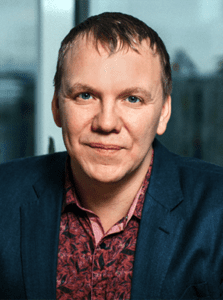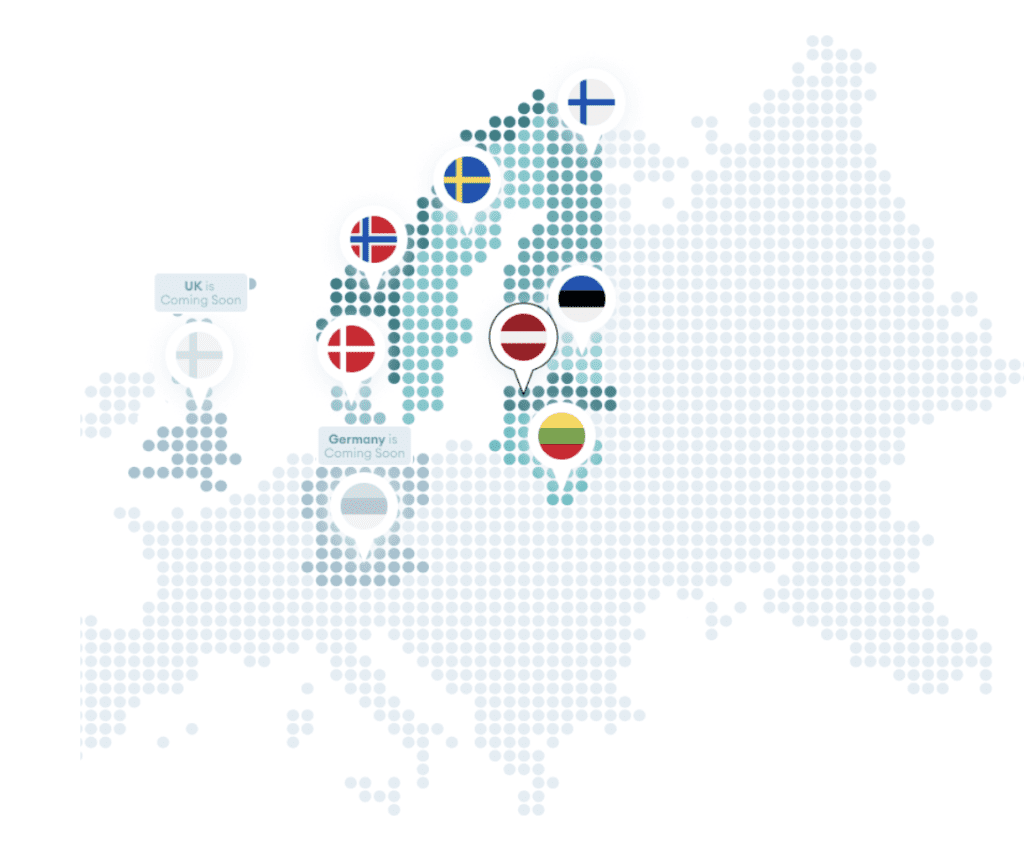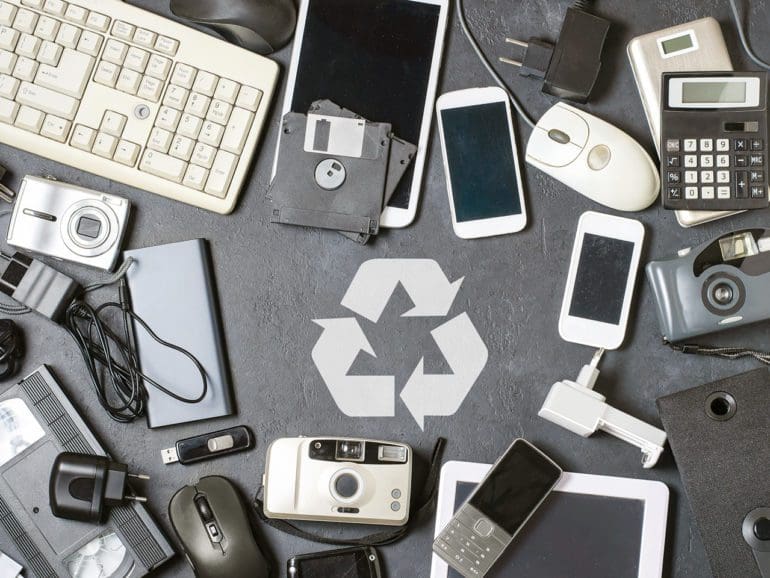The European Commission has for some time upheld the idea that creating a circular economy could go a long way toward reaching climate-related goals.
In March of this year, the commission announced the creation of a circular economy “package,” the second installment of which was released on Nov. 30, 2022, and centered on reusable packaging.
Why does this relate to fintech? Because fintech could be the circular economy’s most significant enabler.
“Ultimately, it’s finance, the fuel, the infrastructure, for all of this. It’s down to us,” said Lord Chris Holmes at Finextra’s Sustainable Finance conference on Nov. 29.
Sustainable finance has been on the receiving end of increasing amounts of investment. While the surge of 2021 has lulled, as did much of the investment in 2022, the potential for creating financial products that support sustainability has continued to be much discussed.
Aside from being pushed by the European Commission, the circular economy has been addressed by fintech, providing the infrastructure to support the shift.
Fairown has positioned itself within this fold. Expanding into central Europe over this year, the company has developed the infrastructure to manage and engage consumers in the reuse and repurposing of products.
RELATED: Circular economy enabler Fairown launches in Poland

“Unsustainable consumption is caused because there is no lifecycle agreed between the brands,” said Hendrik Roosner.
He explained that by creating a subscription system, Fairown supports e-commerce websites to take ownership of their role in excessive consumption and waste.
Instead of buying a one-off product, customers can sign up for a subscription system, where product payments are made over time.
The products they have had for that time are replaced with more recent models, and the old product is delivered back to the business to be repurposed.
A particular area of interest for the company is electronics and reducing the amount of e-waste they produce.
E-waste, in particular, can be targeted
E-waste is becoming a stone in the shoe of the march toward a more sustainable future.
While digitalization has revealed benefits, ultimately leading to (among other things) the creation of a fintech industry with few scopes 1 and 2 emissions, it has come with a price. The levels of e-waste are reaching all-time highs, with little being done to combat the problem.
Fintech is no stranger to the issue. In particular, bitcoin has become a producer of e-waste in the race to mine more of the digital currency. Roosner said that the amount bitcoin produces, despite the headlines, is dwarfed compared to the e-commerce industry.
The circular economy could resolve part of the problem. In this year alone, only 18% of the 5.3 billion phones thrown away were recycled or repurposed, meaning raw materials were, again, used to create products to replace them.
“Instead of discarding products after they have extracted their value out of them, this way it can be given to others who may still find it useful,” continued Roosner.
He used the example of a professional that needs the latest computer processor to conduct their work. Although the processor may not be efficient enough for their purposes after a while, other customers may still find value.

Extensive coverage is possible
In a survey of e-commerce customers, the company found that over 70% would choose the subscription service if given the option.
The likes of brands such as Apple have already adopted this system of recycling and repurposing. However, Roosner explained that to make a difference, it’s crucial to create an infrastructure that can be applied to the whole e-commerce sector. It is here Fairown has set its sights.
“We are enabling local banks and global brands to work together,” he said. “We have integrations with local banks; they are funding the transactions. We don’t need to fund it ourselves and engage in the complicated processes of issuing credit etc. This allows us to scale fast.”
After scaling to cover purchases in the northern parts of Europe, the year ahead is likely to bring expansion into Germany, France, and the UK. Roosner believes that to make a significant impact on the climate crisis. Extensive coverage is needed. The system Fairown has created could be applied to many markets.
“We are focused on physical products. An iPhone in Japan is the same as in the US; it’s no different. We know how much the product will be worth. These things also tend to be easily movable. So if used items don’t work in one market, you can bring them to another where people are comfortable buying pre-owned things and more widely on electronics.”
“The second element is the bank integration. We are talking about unsecured consumer lending. So the bank has no collateral and needs to understand who the person is and do the credit check accordingly. I would say that there are very few markets where this kind of credit doesn’t exist in some form.”


